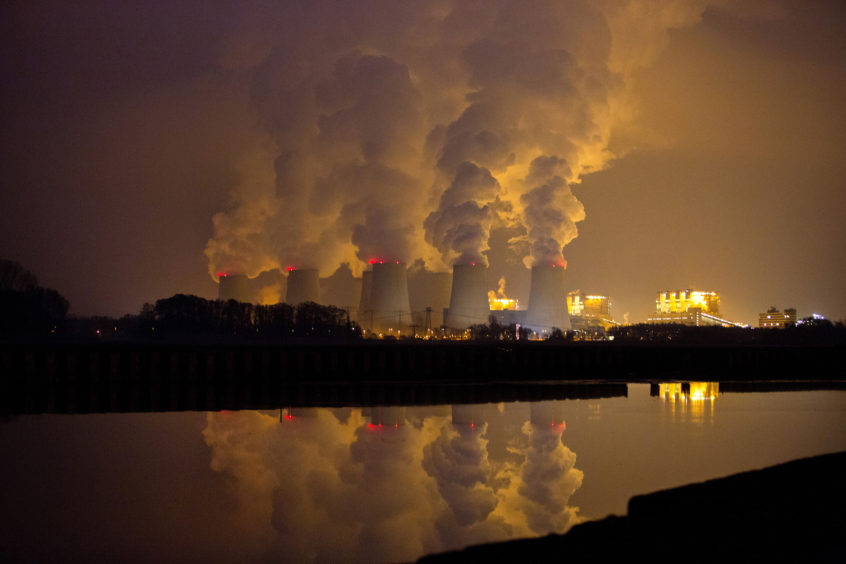
None of the world’s major economies are currently on course to deliver on their climate change targets, a new study has found.
Research from Verisk Maplecroft claims that all G20 countries are headed towards a “disorderly energy transition”, with Paris Agreement targets beginning to slip “beyond reach”.
That includes the UK, even though it is has made more progress to meet its climate commitments than any other country in the bloc.
Downing Street also lacks the regulatory framework to deliver on its commitments, spelling bad news for markets and business, Verisk Maplecroft said.
The research firm’s assertions are based on the latest findings from its Sovereign Carbon Policy Index, which measures 198 countries on the gap between current emissions and 2030 reduction goals.
It also considers governments’ capacity and intent to introduce emissions mitigation policies and each economy’s carbon intensity.
Will Nichols, Verisk Maplecroft’s head of environments and climate change, said: “Major economies like the US, China, the UK, Germany and Japan will need to yank the handbrake on emissions to meet agreed climate goals – at the same time as dangerous rises in extreme weather events play an increasingly disruptive role in the global economy.”
“Regulatory Shocks”
As governments enact “widespread policy interventions” in order to get back on course, carbon intensive companies are likely to be dealt “regulatory shocks”.
But, the ability to identify where and when changes will occur may help asset owners, managers and corporates to “offset some of the worst impacts”.
Mr Nichols added that businesses, specifically those in carbon-intense sectors, will face the “most disorderly of transitions”
That could mean measures such as “restrictive emissions limits” for factories, “mandates for buying clean energy”, and “high levies” on carbon being rolled out with “little warning”.
Despite still having a long way to go to hits its targets, the UK is the “standout success” among G20 countries, the report said.
The UK has closed the gap between its baseline emissions and its 2030 Paris Agreement target by more than any other major economy.
Its emissions have also halved since 1990 due to industrial efficiency improvements, as well as a near-total abandonment of coal.
But, Verisk Maplecroft, the sister company of Wood Mackenzie, says the UK can’t afford to “rest on its laurels”, with the 78% emissions reduction target for 2035 effectively bringing its 2050 goal forward by 15 years.
Moreover, Westminster’s current policies “will not build” the zero-carbon electricity, transport and heating infrastructure needed.
Mr Nichols said: “Unless the UK starts to move legislation quickly it will need to rush through regulations later on, leaving business little time to adapt.”
China and the US
Globally, the world’s two largest carbon emitters, China and the US, are both poorly placed to avoid a disorderly transition, according to the research.
China has led the world in renewable energy investment but “continues to cling” to high-carbon power sources.
Meanwhile, the Trump administration in the US “gave up any pretense” of complying with the Paris Agreement, while President Biden faces “significant political roadblocks” in his quest to chop emissions in half.
The European carbon agenda is the “best of the rest” with plans to “smooth the transition pathway” by raising its 2030 emissions reduction goal to 55% and pumping out sustainable finance policies.
Rory Clisby, one of the co-authors of the report, said: “Our data underscores that it is clear there is no longer any realistic chance of an orderly transition.
“Companies and investors across all asset classes must prepare for at best a disorderly transition and at worst a whiplash from a succession of rapid shifts in policy across a host of vulnerable sectors.”
Recommended for you

